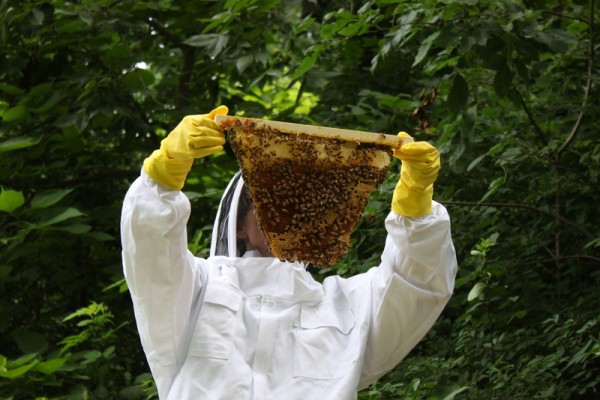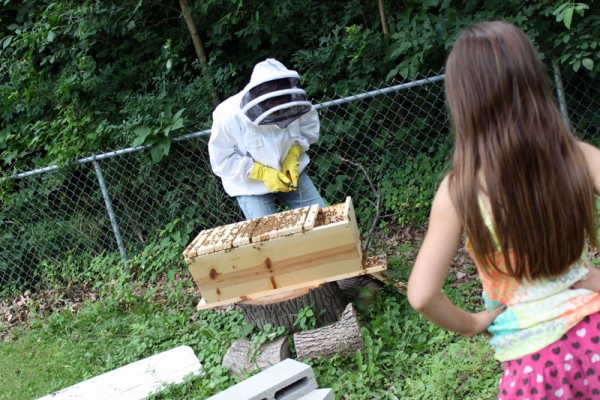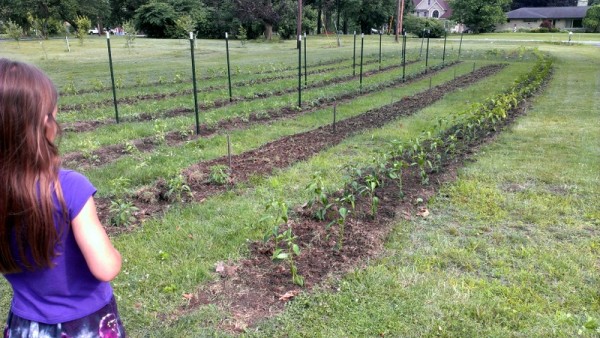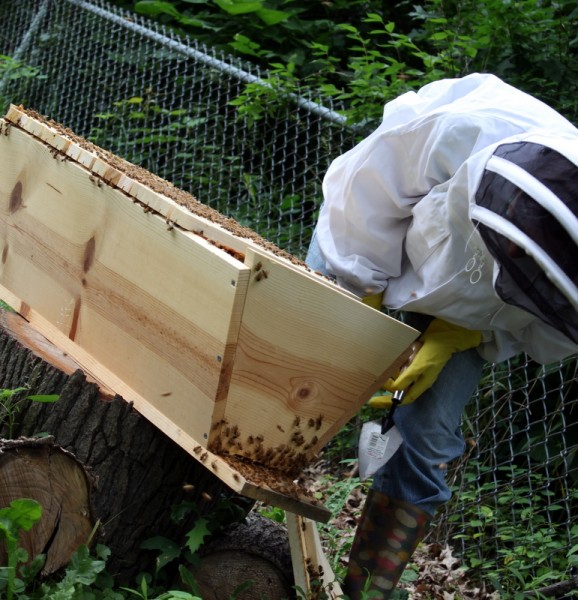1. Bees die. Sometimes they die as part of the natural life cycle and are carried out of the hive by coroner bees. Sometimes whole hives die from cold or starvation, the fate of the bees kept on our property the last two winters respectively. Dead hives are fascinating and beautiful in their own morbid way.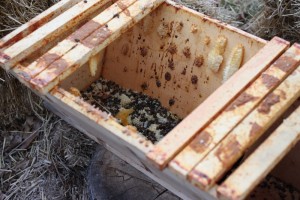
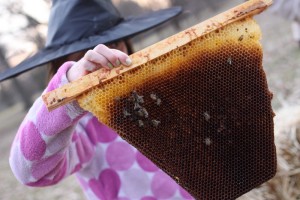
2. Bees can come in a box. Thousands of them hum around a queen trapped in a smaller cage inside the box. The community vibrates, singularly focused on surrounding their leader. Some people find the boxes unnerving, but I feel like they're a fascinating example of the possibility of community.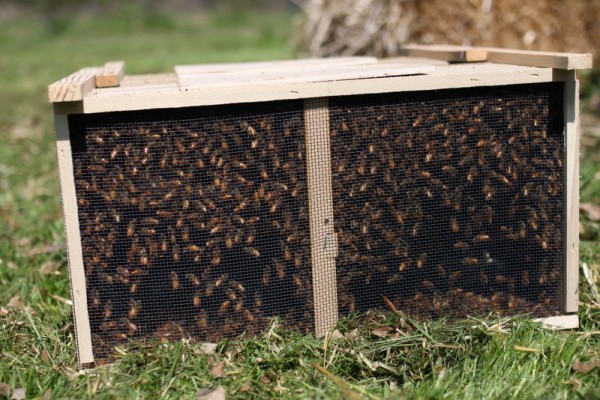
3. Bees thrive in community. Our friend Eve is the main caretaker of the bees on our property. Alex, Lil, and I assist Eve when we can, including building a new hive and helping install new bees this spring. Family, friends, and visitors watch, learn from, and share the sweetness of bees together.
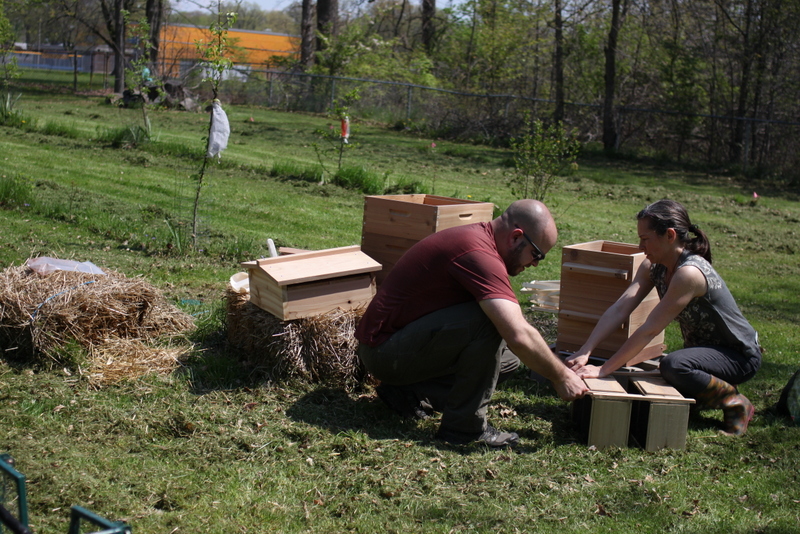
4. Keeping bees requires a brave, gentle spirit. Eve embodies this calming attitude every time I see her work with the bees. Hives often send out a scout to check out visitors and I've watched them send additional bees to check out a nervous visitor. I take deep slow breaths to calm the scout and they generally let me sit very close to the hive to watch. If the bees don't seem to want me there, I leave respectfully.
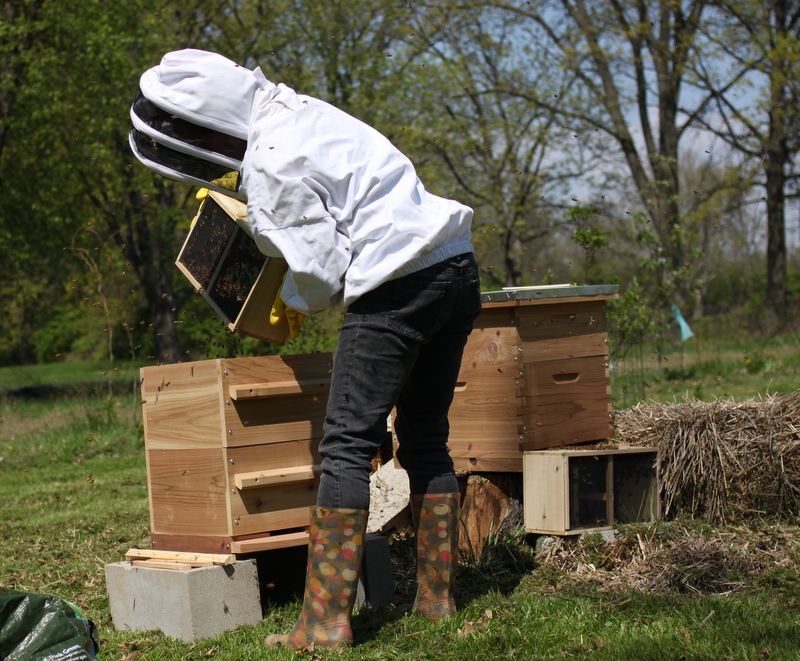
5. We need bees and bees need us. Many produce plants need pollinators to produce abundant crops, which is one of many reasons we keep them. We like to eat their honey too, of course. On the flip side, bees, particularly honey bees, need protection from pesticides and food and water sources. We choose to encourage pollinators by not using chemicals that might affect bees and provide as many sources of pollen and nectar as we can.

